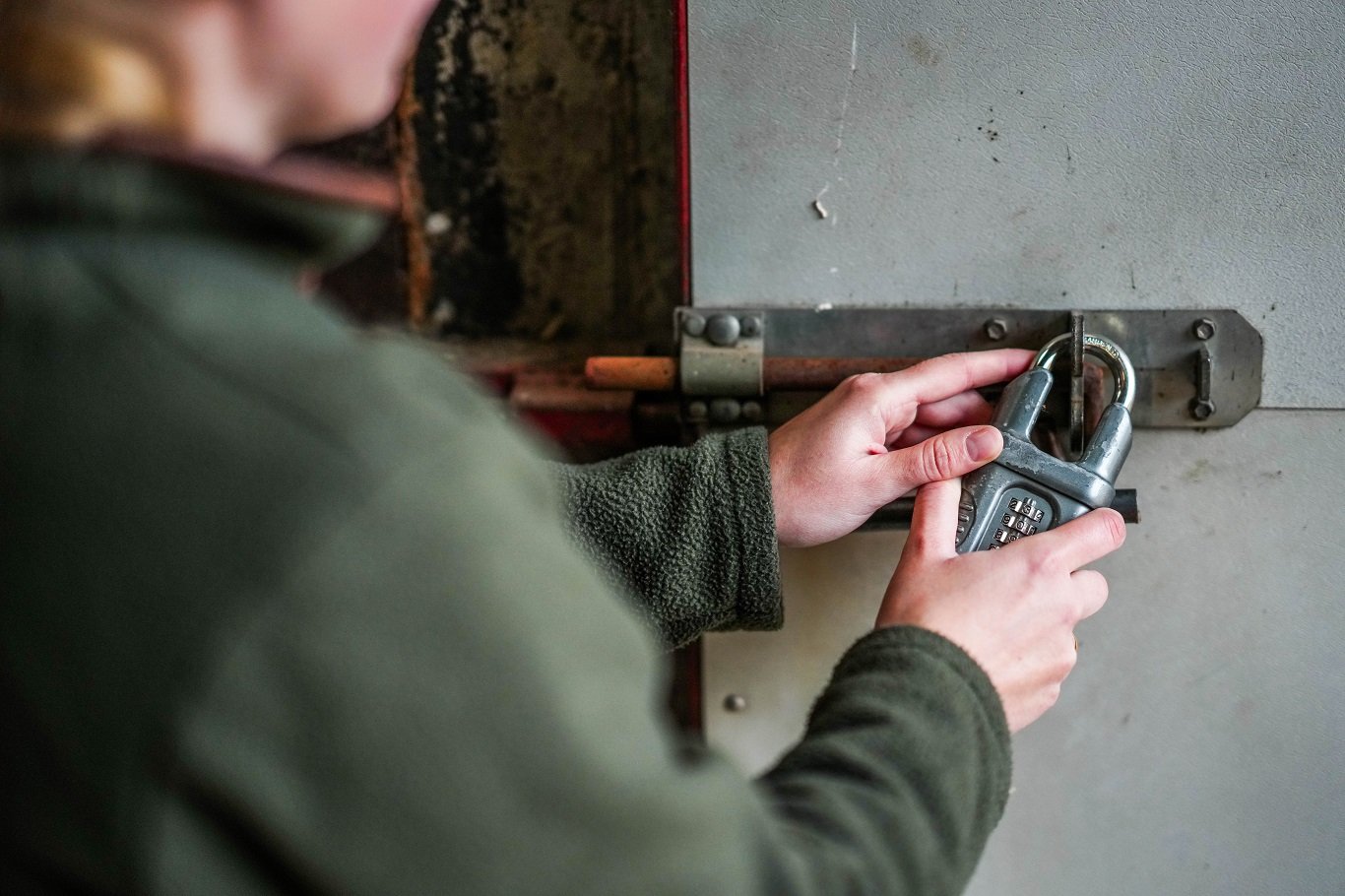Considerations if you've already diversified

It’s no mean feat to run a farm and set up or run a new venture at the same time, especially if it requires an entirely new set of skills and know-how.
But that’s what farmers across the UK are increasingly doing, as they seek to diversify their businesses. They might be trying their hand at retail with a farm shop, introducing an alternative crop or breed, or branching out into hospitality with a glamping site, for example.
While diversifying can be a game-changer for your farming business, it also entails a whole new set of responsibilities and risks to your business.
Protecting your property
One such risk is crime, which is all too common for farmers and the wider rural community.
Based on NFU Mutual’s claim statistics from our latest 2025 Rural Crime Report, we estimate that rural crime cost the UK £44.1m in 2024.
All farmers should seek to protect their business from crime, but those that have launched new ventures need to consider any new risks. Hannah Binns, Rural Affairs Specialist at NFU Mutual, said: “All the indications suggest rural crime is becoming more organised, sophisticated and determined in its nature, which is incredibly alarming for people who live and work in the countryside. That is why it’s so important for insurers, farmers, manufacturers, police and politicians to continue to work together to provide a united response to the challenge presented by both organised criminals and opportunistic thieves.”
To prevent crime and protect your property:
- Install CCTV, security lighting,, and an alarm – thieves hate to be seen and heard.
- Reduce your cash on site by banking more frequently – also consider any on site vending machines and removing the cash cassettes each night.
- Safes should be fixed to the ground in accordance with the manufacturer’s instructions.
- If possible, move transactions to a cashless form to reduce the theft risk accordingly.
- Ensure, where possible, that any high-value target stock items such as alcohol etc are kept to a minimum if on display.
- Remove keys from vehicles whenever you leave them.
- Keep expensive farm machinery and vehicles out of sight and locked away when not in use.
- Report suspicious activity to the police.
- Join a rural watch or farm watch scheme.
As the UK's leading rural insurer, we're in a unique position to understand the true cost of rural crime. Every year we gather our claims statistics to provide a detailed picture of the financial and social impact of rural crime. To prevent crime and protect your property you can find advice in our 2025 Rural Crime Report.
Safeguarding your IT systems and personal data
Businesses who may not have previously considered themselves a target for cybercrime are now routinely falling victim to cyber-attacks. The increased reliance on IT systems and risks associated with storing personal data- such as that belonging to employees, customers, and suppliers- creates several new exposures.
According to the 2025 UK Government Cyber Security Breach Survey, 43% of UK businesses identified a cyber incident in the last 12 months.
Here are some cyber security tips to help protect your business online, which apply to all businesses, including farms and other agricultural ventures:
- Train your staff
Most cyber-attacks are caused via social engineering such as phishing emails and baiting. That’s why it’s more important than ever that all users of IT systems need to be trained appropriately so they can identify suspicious emails or websites and know what to do should they suspect a cyber breach has occurred. - Protect your business from malicious software
Malicious software, known as malware, includes the likes of viruses and ransomware. In short, it’s any code or content that could pose a threat to your IT systems, by disrupting your business, or leading to the loss of sensitive information or data.
Ensuring a robust firewall and regularly updated antivirus software is in place will help reduce the risk of attacks involving malicious code. Many of these technologies come pre-installed on modern machines so it’s simply a case of ensuring they are enabled and configured correctly. - Create an incident response plan
Businesses with the best cyber security are still vulnerable to cyber-attacks, so it’s important to consider what you would do in the event of a cyber incident which either prevented you from operating or resulted in a leak of private personal information.
These plans don’t have to be excessive, simply something that advises staff what to do following an incident and, importantly, who they should call for help.
It should be appreciated that during a cyber-attack, IT systems such as email may not be available between staff and suppliers, so hard copies or plans existing outside of the IT network should be available.
Unfortunately, all businesses need to protect themselves against possible cyberattacks. We are here to help protect your business and help it thrive. To find out more about how we can help, please contact your local agency office.